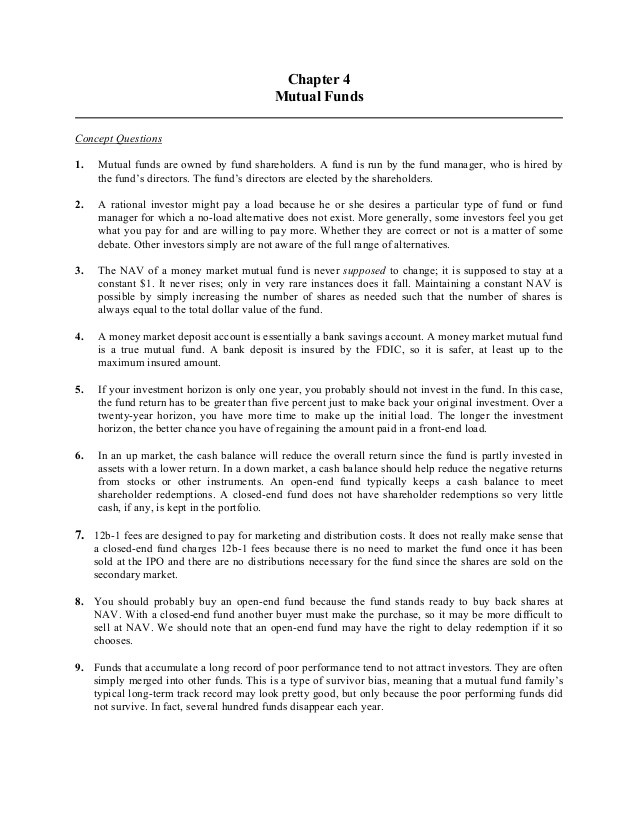Why We Should Expect More From Mutual Fund Directors
Post on: 16 Март, 2015 No Comment

A Target on Their Backs
Yes, I still work at Morningstar. Well, at least in theory. I took a lengthy vacation to exotic locales, felt great, got home, and promptly got whacked by a Yankee bug. I should have stayed in Nepal—it’s safer there. (Aside from the flights ; the airport justifiably rates among the world’s worst .)
In my absence, the Supreme Court heard arguments on the first 401(k) case it has ever accepted, Tibble v. Edison International . Much of the discussion consisted of wrangling about what the Circuit Court had said in its previous ruling and definitions of the monitoring that is required from plan administrators. Not many thrills there. The views on fees, however, were thought-provoking.
More on that shortly, but first, some backdrop. The legal framework for the 401(k) industry continues to evolve even as the legislation does not. Congress hasn’t touched 401(k) rules since 2006 (the Pension Protection Act, which was mostly about defined-benefit plans), a streak that is unlikely to be broken anytime soon. However, despite Congressional inaction, the fiduciary responsibilities of plan sponsors appear to be rapidly changing.
The primary spur has been a lawyer named Jerome Schlichter. Per The Wall Street Journal , the Tibble case is but one of 13 class-action 401(k) suits filed by Schlichter against large U.S. companies during the past eight years, mostly on the grounds of excessive fees. Seven of those 13 suits have so far been settled, at a collective cost of $187 million, thereby netting Schlichter’s law firm $56 million in revenue. It’s fair to assume that more filings will come.
A secondary factor has been media attention. Due to their wide reach, 401(k) plans are mainstream news. For example, when Yale professor Ian Ayres threatened to shame high-cost 401(k) plans a couple of years back by publishing a list of those companies’ names, the story played prominently across the major television networks and newspapers. Naturally, companies would prefer not to read about the poor quality of their 401(k) plans on the Internet and to face hard questions from their employees. The experience may not be quite as unpleasant as facing a lawsuit, but it’s no fun nonetheless.

The scrutiny has sharply affected how plan sponsors view the costs of the funds in their plans. Until recently, sponsors could safely select funds with average fees without fear of legal or media problems, as only those plans with abnormally high costs were singled out. Not so today. As ERISA expert Fred Reish notes in the WSJ article, large company plan sponsors these days are expected not just to find reasonably priced investments, but to use their purchasing power to get the lowest-cost ones.
In Tibble’s case, that means swapping its Retail fund shares for Institutional shares. The plaintiffs argue that the duty to monitor includes the duty to replace a higher-cost share class with a lower-cost version if the latter becomes available. The Court appears to agree.
For example, in response to Tibble’s defense that the path to lower costs is not always obvious, Justice Alito stated, If the investment advisor can simply look at the criteria for getting institutional shares and see that the fund would qualify and the costs for those would be less, then that seems like an obvious switch to make.














